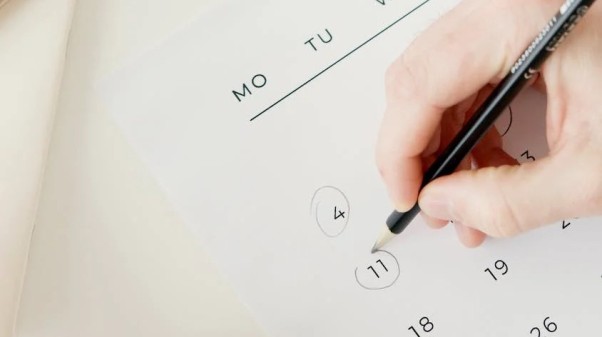Culture and history: public holidays in the Netherlands
- Home
- Blogs, news and agenda
- Culture and history: public holidays in the Netherlands
Public holidays play a significant role in the cultural and social fabric of any country. In the Netherlands, these holidays are not only a time for celebration but also an opportunity to commemorate historical events, honor traditions, and cherish shared values. The Dutch calendar is adorned with a mix of secular and religious holidays, each serving a unique purpose. In this article, we will explore the major public holidays in the Netherlands, delve into their origins, and understand why they are so cherished by the Dutch people.
New Year's Day (Nieuwjaarsdag) - January 1st: The year starts with a bang as the Dutch celebrate New Year's Day with fervor and joy. This public holiday is an occasion for family gatherings, fireworks displays, and festive parties. It symbolizes new beginnings and hope for a prosperous year ahead. On the eve of New Year's Day, cities and towns come alive with spectacular fireworks shows, illuminating the night sky and fostering a sense of unity among communities.
King's Day (Koningsdag) - April 27th: One of the most vibrant and anticipated events in the Netherlands, King's Day is a national celebration of the reigning monarch's birthday. Traditionally known as Queen's Day, it became King's Day after the investiture of King Willem-Alexander in 2013. The entire country dresses in orange, the national color, and takes to the streets to participate in various festivities. Street markets, live performances, and an exuberant atmosphere make this holiday a true spectacle.
Liberation Day (Bevrijdingsdag) - May 5th: Liberation Day holds profound historical significance in the Netherlands. It commemorates the end of the German occupation during World War II. On this day, the Dutch honor their freedom and pay tribute to the countless sacrifices made during the war. Liberation Day is marked by special ceremonies, concerts, and exhibitions across the country, reminding everyone of the importance of peace and unity.
Ascension Day (Hemelvaartsdag) - 40 days after Easter: Ascension Day is a Christian holiday that celebrates the ascension of Jesus Christ into heaven. It falls 40 days after Easter Sunday and is observed with religious services in churches across the nation. Additionally, it is also a popular day for outdoor activities, with many people taking advantage of the extended weekend to enjoy time with family and friends.

Pentecost (Pinksteren) - 7th Sunday after Easter: Pentecost, or Pinksteren in Dutch, is a Christian holiday that commemorates the descent of the Holy Spirit upon the apostles. This holiday is observed on the seventh Sunday after Easter and is marked by church services, parades, and festive gatherings.
Christmas (Kerstmis) - December 25th and 26th: Christmas is celebrated with great enthusiasm and warmth in the Netherlands. The Dutch embrace festive decorations, sparkling lights, and delightful Christmas markets. Families come together to exchange gifts and enjoy sumptuous feasts. While Christmas Day (Eerste Kerstdag) is a time for religious observance, the subsequent day, known as Boxing Day (Tweede Kerstdag), is a public holiday dedicated to leisure and relaxation.
Conclusion: Public holidays in the Netherlands hold deep cultural and historical significance, reflecting the nation's values and traditions. They bring communities together, offering moments of joy, reflection, and celebration. Whether it's the jubilant festivities of King's Day or the solemn remembrance on Liberation Day, each holiday serves as a reminder of the Dutch spirit and the country's rich heritage. These public holidays are cherished not only for the time off work they provide but also for the shared experiences and memories they create for generations to come.
Do you want to start working in the Netherlands or Belgium, or would you like to meet with us for personalized information and advice? Contact us now!

